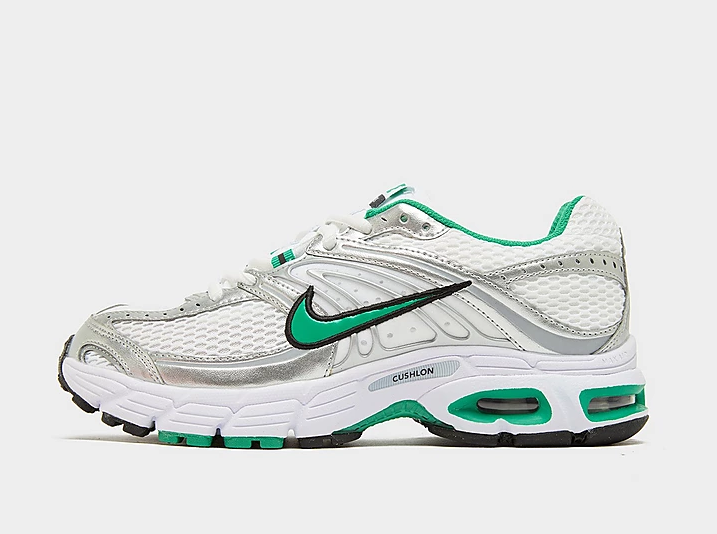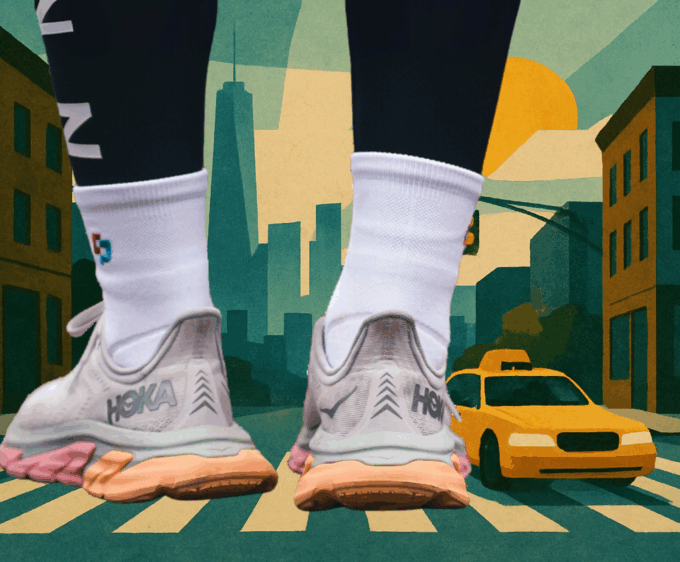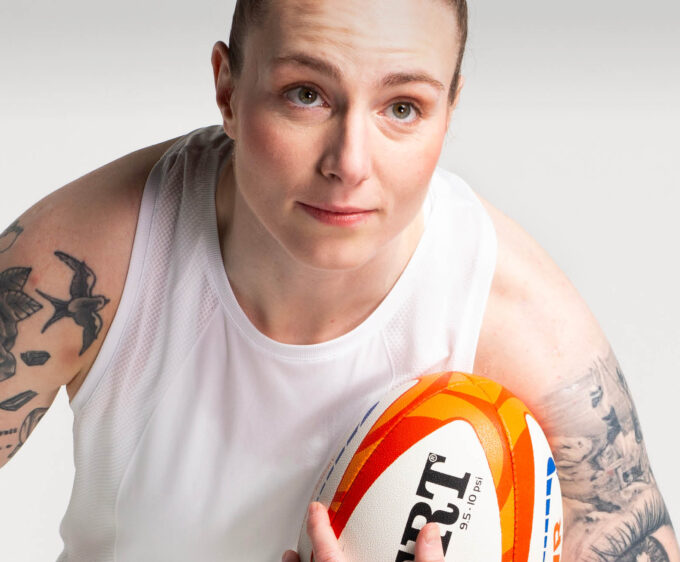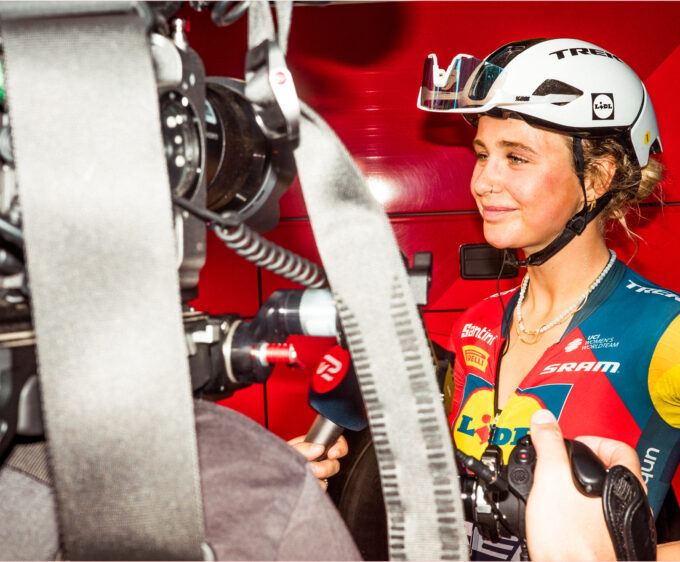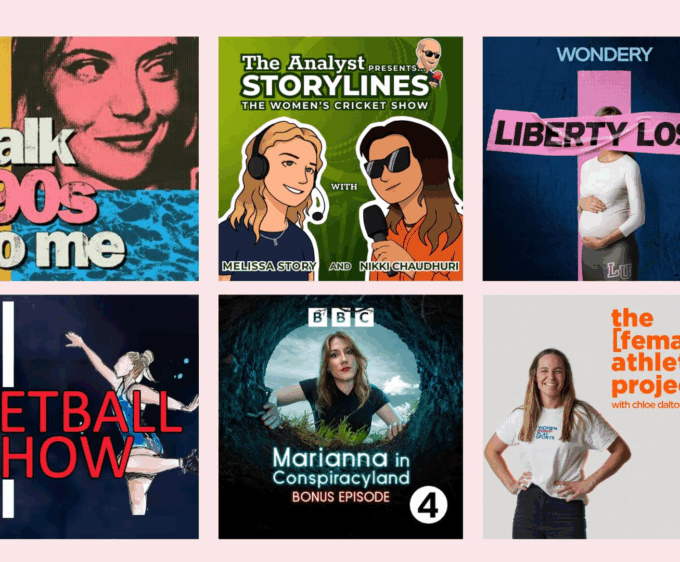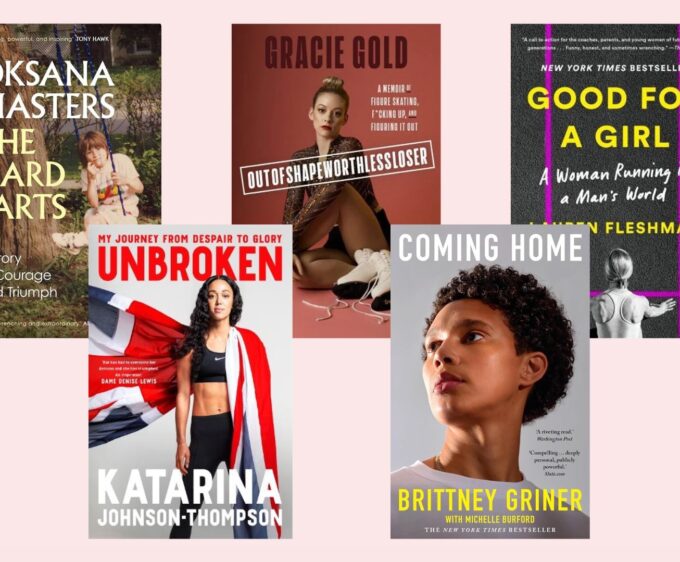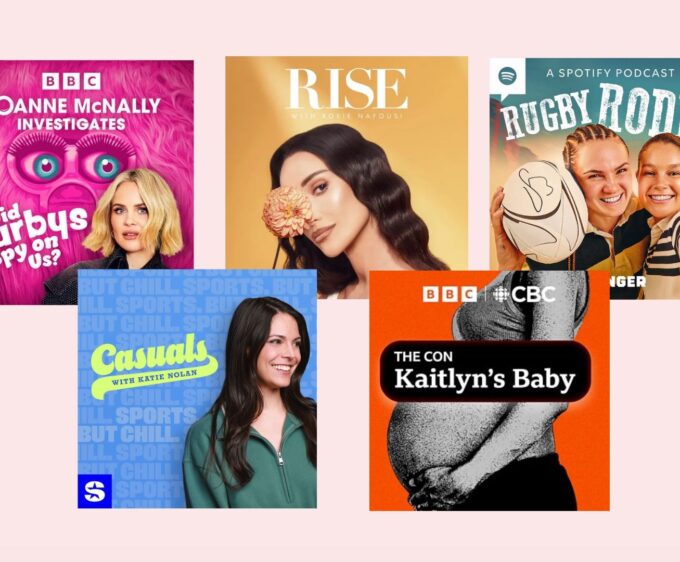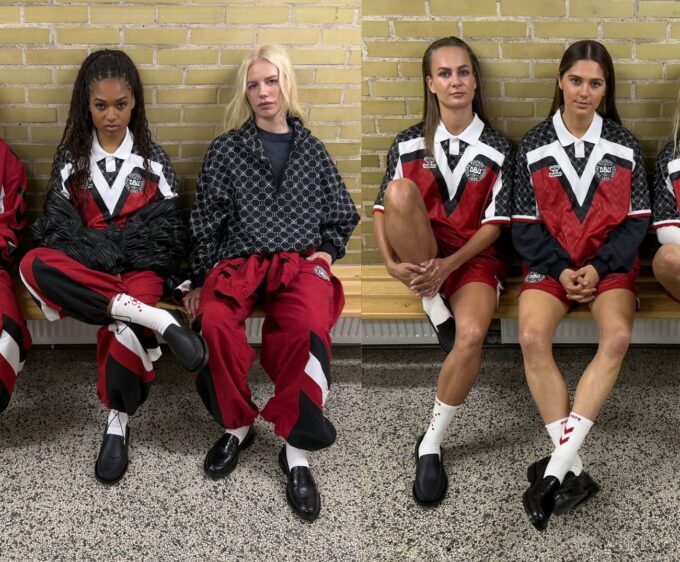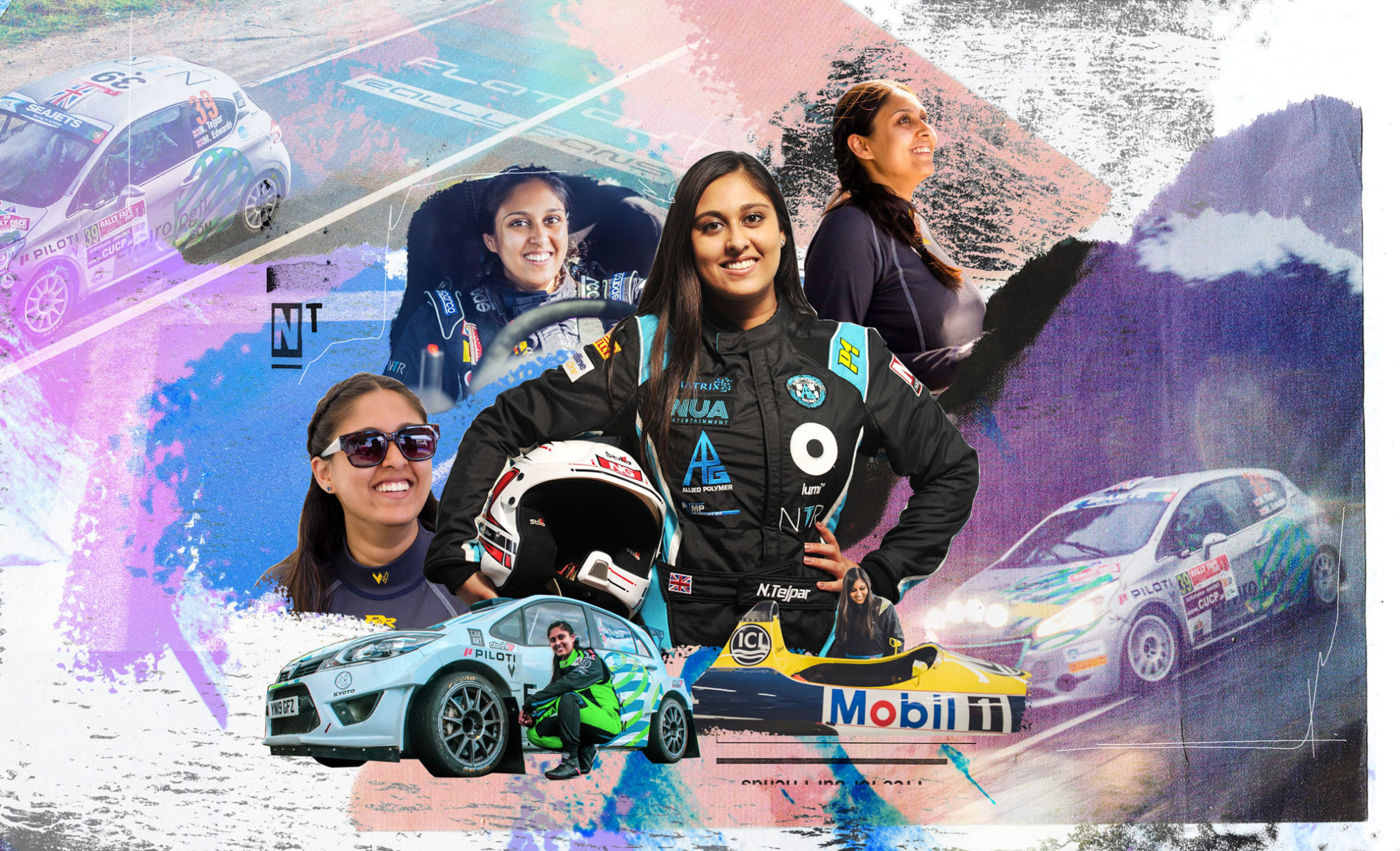
Nabila Tejpar’s Life In The Fast Lane
Nabila Tejpar is the driving force behind change in motorsport. As a professional rally driver, she knows all about working to the absolute limits plus the risk, and reward, that comes with it
By Katy Fairman
Illustration by Esme Harvey-Otway
Being a woman in motorsport is a rare thing. Although times are changing for the better, there’s no denying that the motor racing paddock carries a stereotype: older, white, and male. Everything that Nabila Tejpar is not. With more and more women developing an interest in motorsport – most recently thanks to the hit Netflix show ‘Drive To Survive’, which follows the F1 World Championship – there are also plenty of fans born into racing. It’s in the blood, as the saying goes.
“I had known about rallying from when I was little,” Nabila started when explaining how she caught the racing bug. “My dad always talked about my grandfather competing and was also still doing some competing when I was younger. I used to watch rallying on television with him and had one of those little toy cars. There was always an affinity to it. When Dad went out for drives, I would always go out with him. It was always there.”
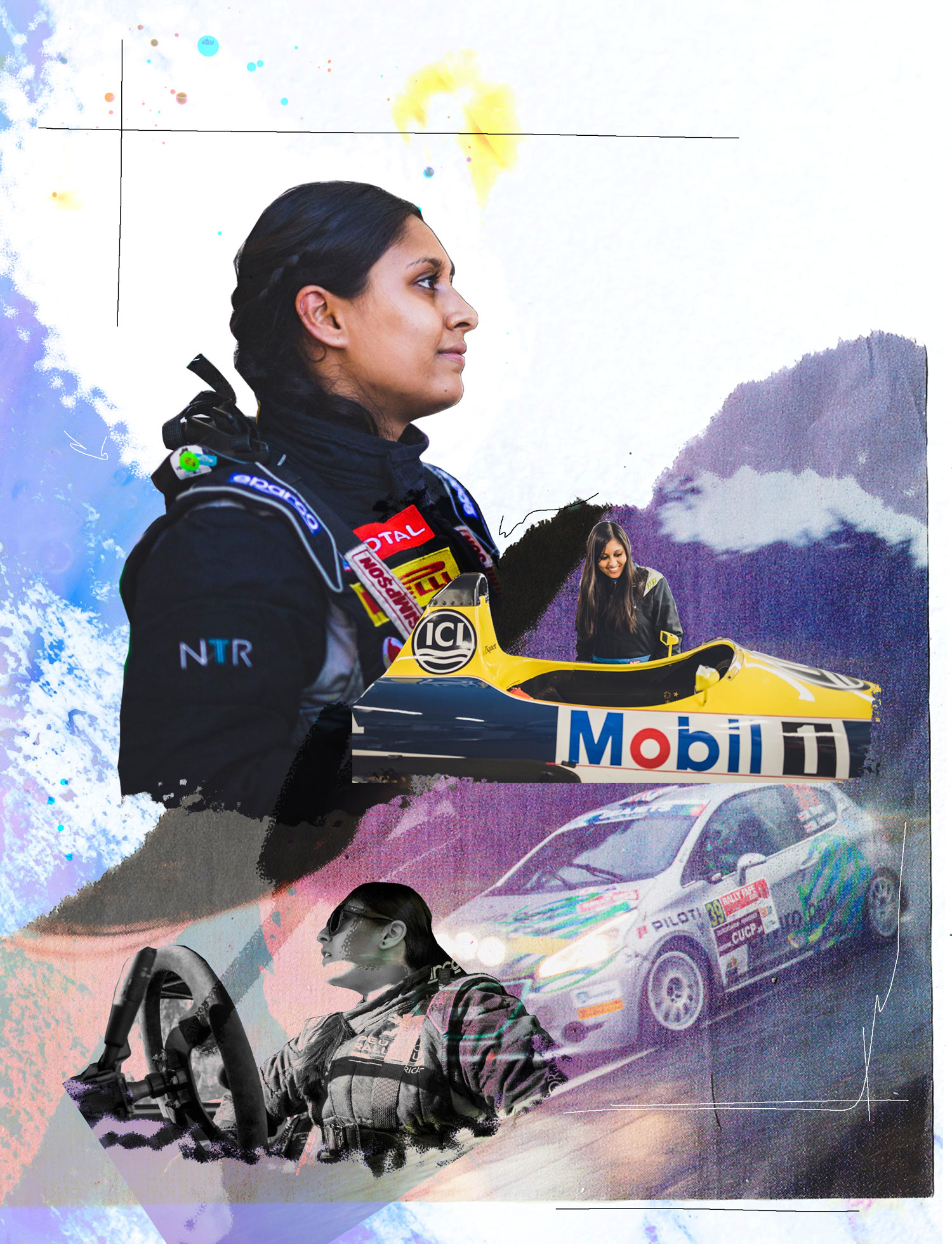
Motorsport itself is not just a small bunch of drivers racing fast cars in circles in a different continent every other weekend. It’s a massive operation with thousands of different job roles, from engineering to logistics and marketing. Motor racing itself is also varied. There are all-electric championships that convert city centres into temporary street circuits, like Formula E, or crazy off-road rallying around the hills of Wales that sees you speed through thick forests with your foot firmly planted on the accelerator. There’s something for everyone. That’s something that Nabila feels needs to be communicated better to a younger generation.
“I was having a chat with some of the girls in the Women’s Sport Trust UNLOCKED programme. There’s one thing that all sports lack, and that’s awareness, education and participation. How do we create awareness of the fact that motorsport has many different components to it? It’s not just driving.” As a kid, Nabila wanted to be a racing driver or a spy. Two ambitious dreams that sum up her character perfectly. She’s both intelligent and adventurous – oh, and “certifiably insane”, which she self-diagnoses. Despite being the third generation of a motorsport-obsessed family, Nabila never once considered a career in rallying an option: “I didn’t know it could be.”
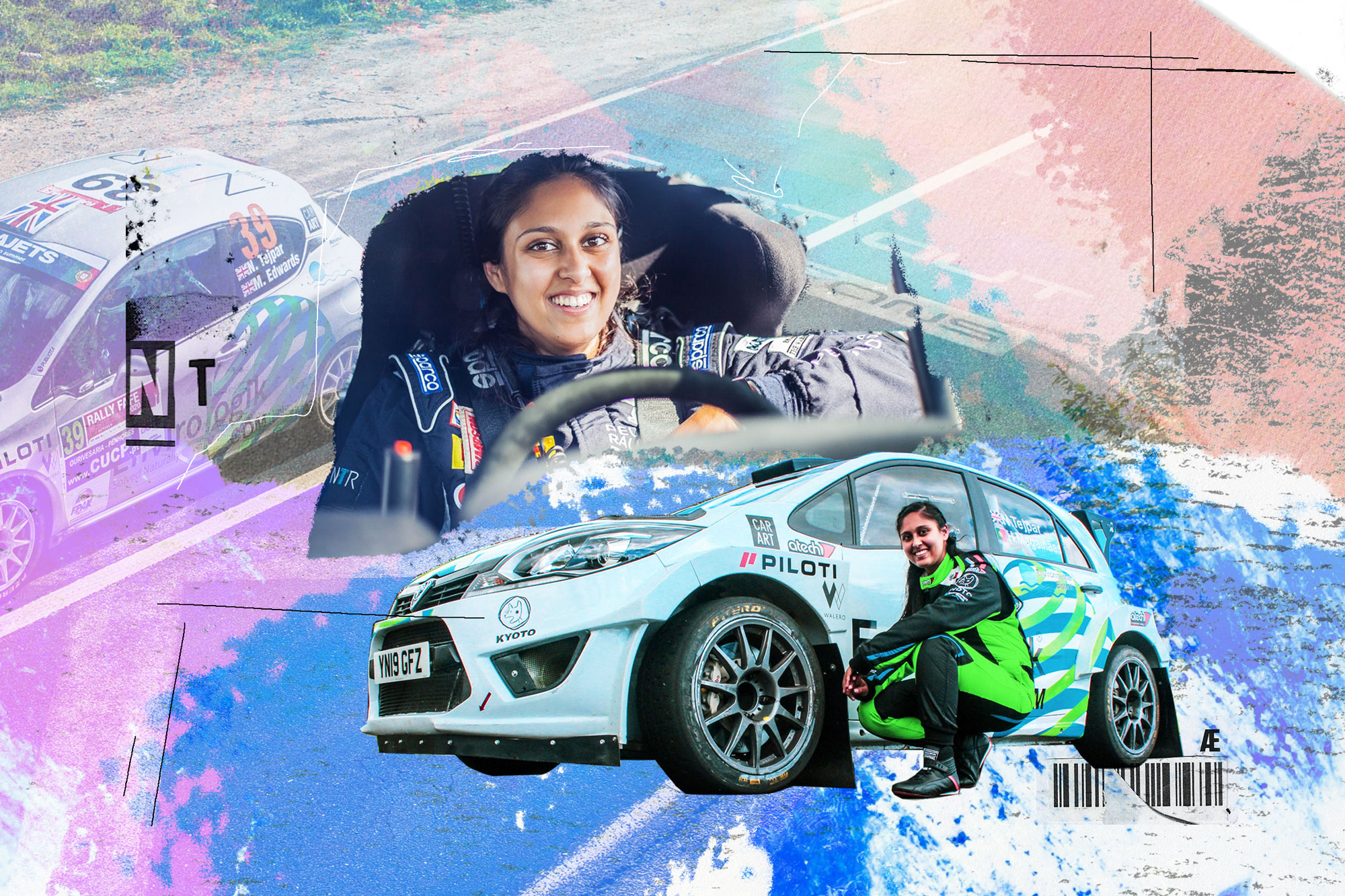
The truth is, it wasn’t an impossible dream. Nevertheless, a lack of relatable female role models in motorsport was apparent from a young age. So much so that not even her father realised that it was something that would be feasible. As well as being a costly hobby, with F1’s Lewis Hamilton recently calling his championship a “billionaire boys’ club”, to be competitive, it would help if you had raced for quite a long time. There are venues in the UK that offer an introduction to battery-powered go-karts to kids from age three. Yes, three years old. Even on the F1 grid, you hear stories of how drivers were gifted karts aged four and have been racing every weekend since.
Nabila never did karting, although she often wondered what life would be like if she had discovered it earlier, “like the rest of the guys” did. Instead, she watched live motorsport events and would be taught how to do handbrake turns by her dad in a field. Everything changed, though, when she had her first experience in a rally car aged 16. “I fell in love instantaneously. There was nothing else I could have wanted to do more.” Nabila’s words might sound like an excerpt from a soppy romance novel, but anyone who understands that special connection between humans and machines can relate. “It wasn’t until that moment that I realised this is what I wanted to do. Brimming with enthusiasm, she took her new career ambitions back to her parents. Their reaction? Laughter. “I don’t blame them,” Nabila added. “I had never really shown an interest in it before. I had never seen it as an option, so why now? I get it.”
At 16, education was still an essential part of Nabila’s life. With rallying still on her mind, she moved from her home in Essex to the United States, to complete high school in Florida. She was accepted into Kogod School of Business in Washington DC and completed a degree in International Business, Entrepreneurship and Management and International Relations. During those three and a half years, the idea of rallying never faded. “I had a conversation with my parents and said I wanted to do rallying, and my mum said no because there were no viable career options. She made me a deal: if I went and finished my studies and went to university, we could talk about it, and I could start to compete. I ended up finishing up my schooling. I went to university. I studied. I got the degree she wanted me to get. I tried to get through it as quickly as I possibly could.” True to her word, her mum approved, and the rest is history.
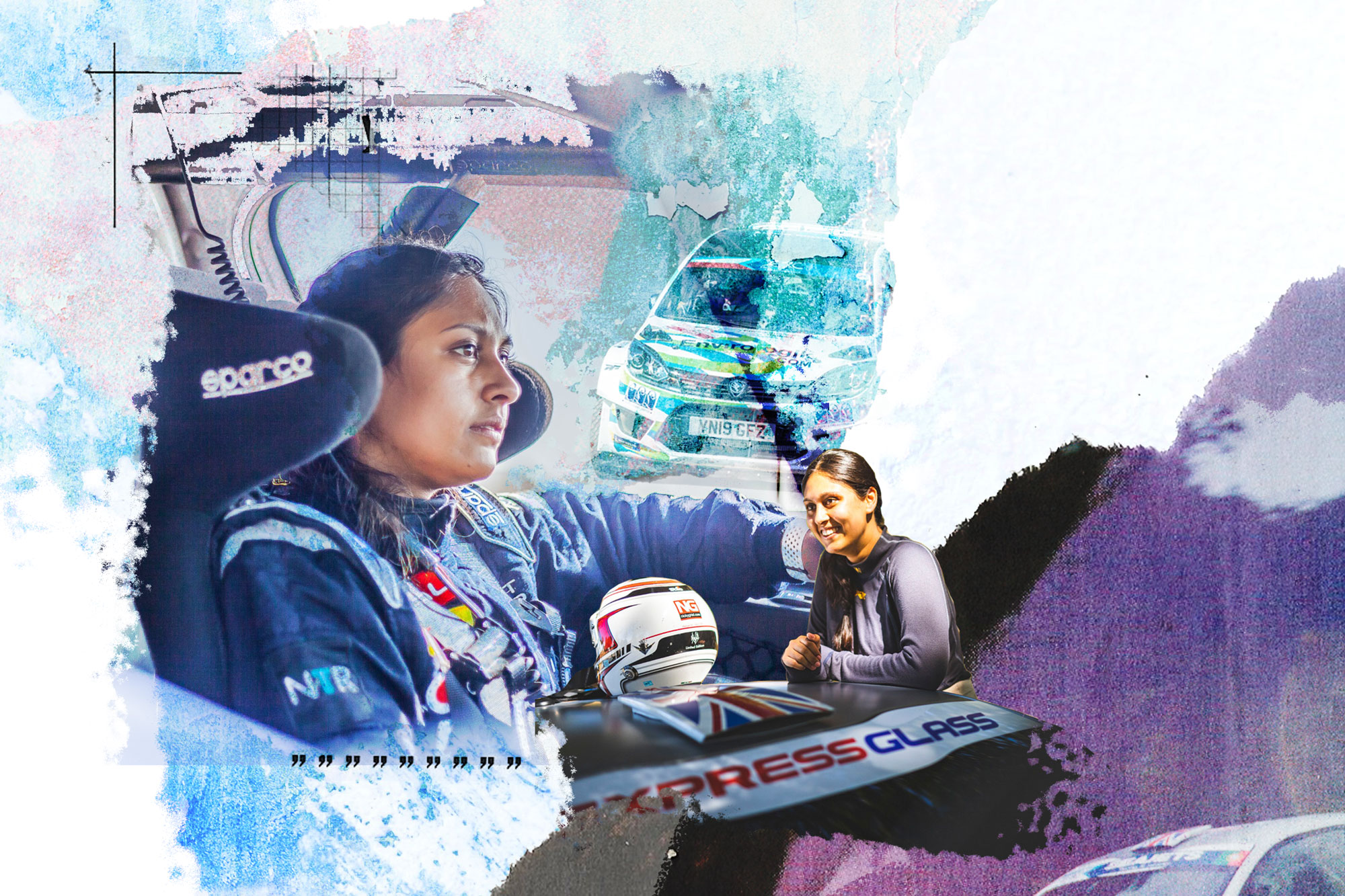
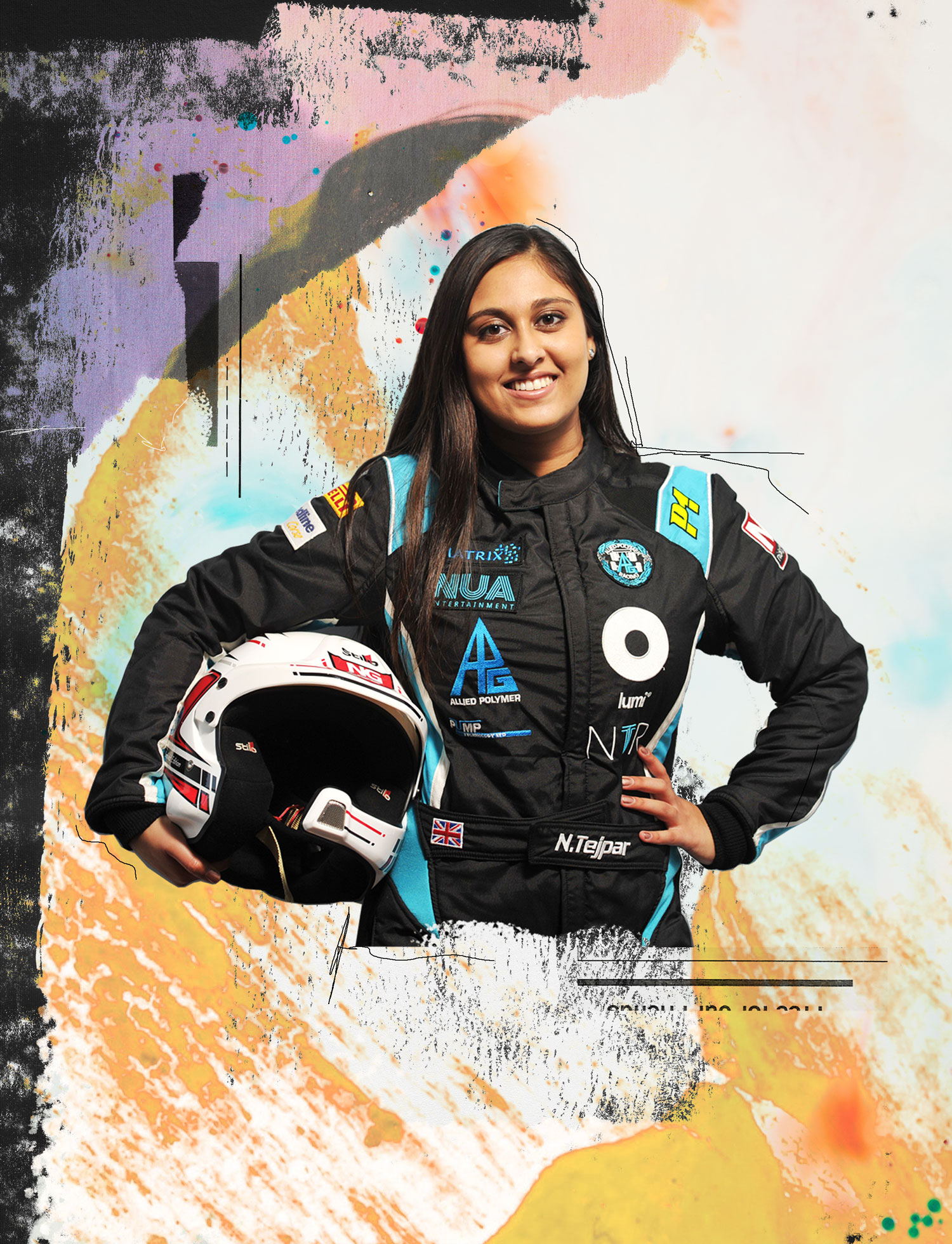
Since then, Nabila has participated in the British Rally Championship, with many notable results to her name. This month, she also debuted in the FIA European Rally Championship, competing against world-class rally drivers. Being one of the Women’s Sport Trust UNLOCKED programme recruits, Nabila is keen to use her experience and voice to help encourage both women and those of varied ethnic backgrounds to consider a career in motorsport.”I want to create an education platform,” she stresses, having frequently received messages from young girls who love motorsport but have “no way of accessing it”. As for being a woman in a male-dominated world, it’s not something that she’s found difficult at all. “Everyone is quite accepting, especially in the rally world. Maybe I have had more offers for help than the average guy would, and I assume that’s because I’m female. It’s weird to think about, and it’s something that I never really thought about until I talked to some of the girls in UNLOCKED.
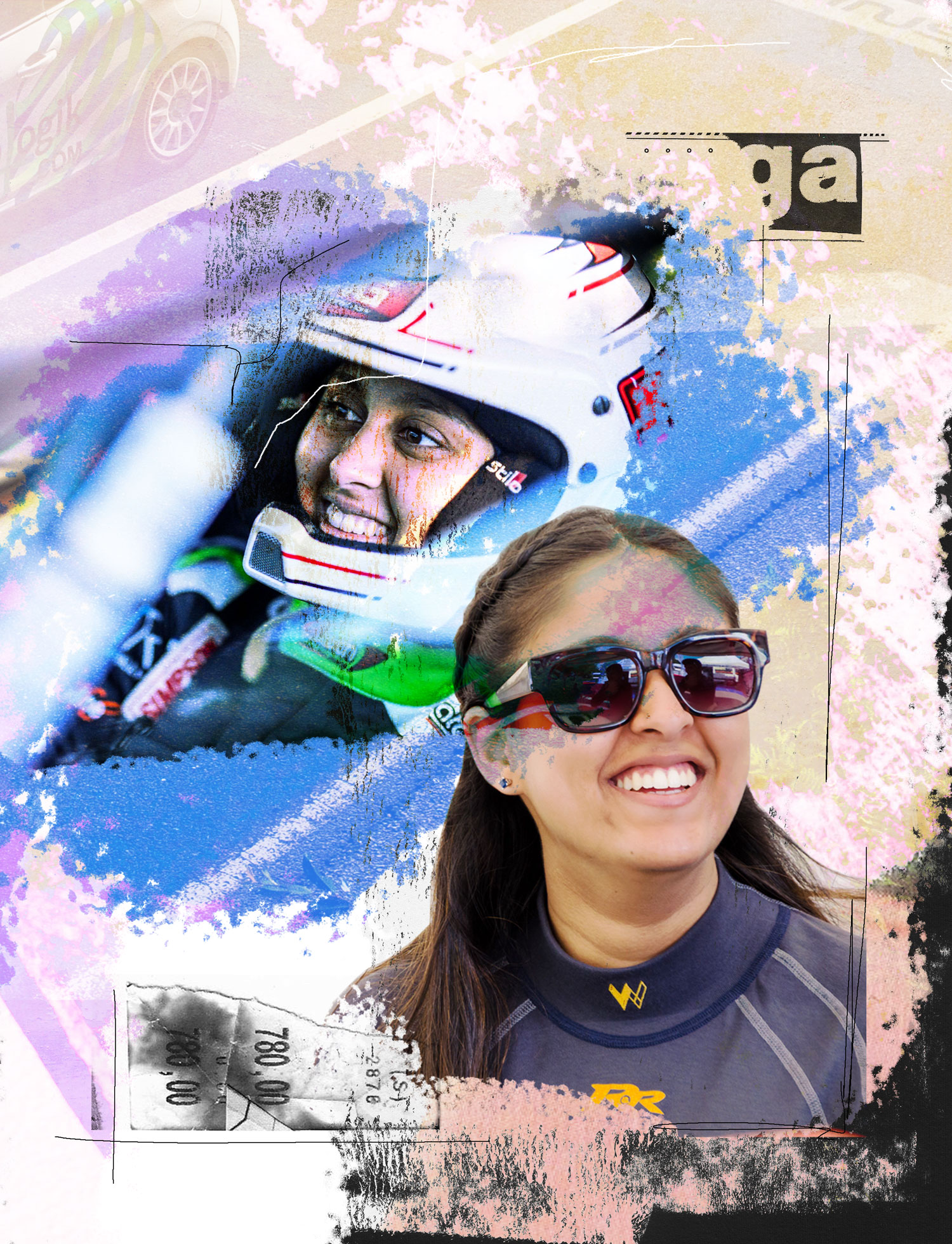
“Being a part of the programme has been absolutely incredible. I am extremely lucky to be involved in that kind of calibre of women. I have learned and gained so much just from the few hangouts that we have had. I am in awe of all the women there, and you sit there and go, ‘I haven’t done enough to be here’. It really makes you think, why is it so difficult for women to succeed in sport?, then you hear some of the stories these other women have to tell, and you’re like ‘that’s it, that’s exactly why’. Women’s Sport Trust are putting all their time and effort into helping the future of women in sport and I’m in total awe of all of them.” Every so often I see a quote shared on social media. “Girls who love racing are not weird. They’re a gift from God. Those girls get bigger diamonds.” Truth be told, we don’t really want diamonds. We just want equality, education, opportunities and to race cars. Fast.
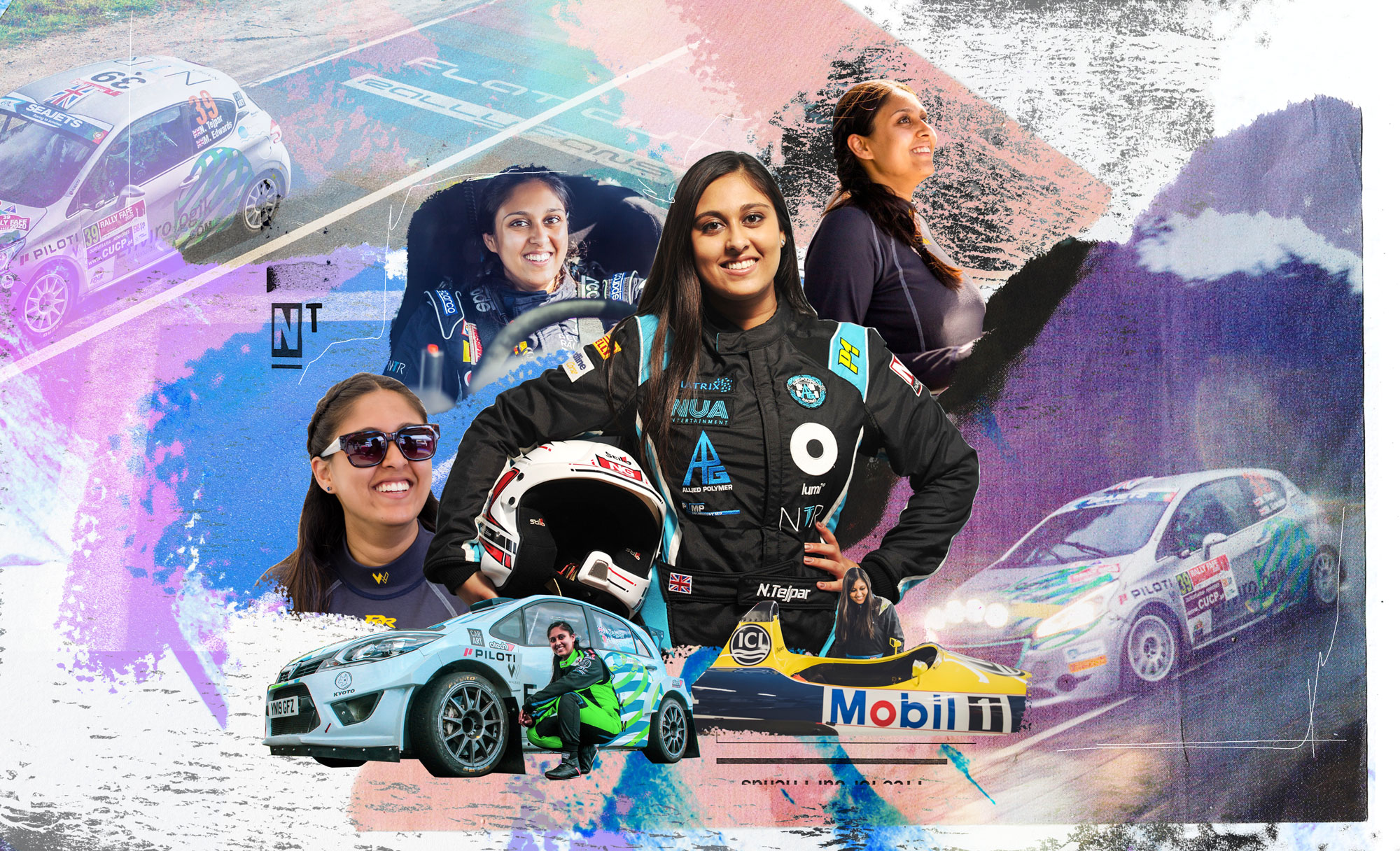
Photography Josef Petru, Matteo Roncari, Chema DFL, Ricardo Oliveira, Sarah Lucy Brown, Amy Shore, Matt Cotton, Editorial Design and Art Direction Root
